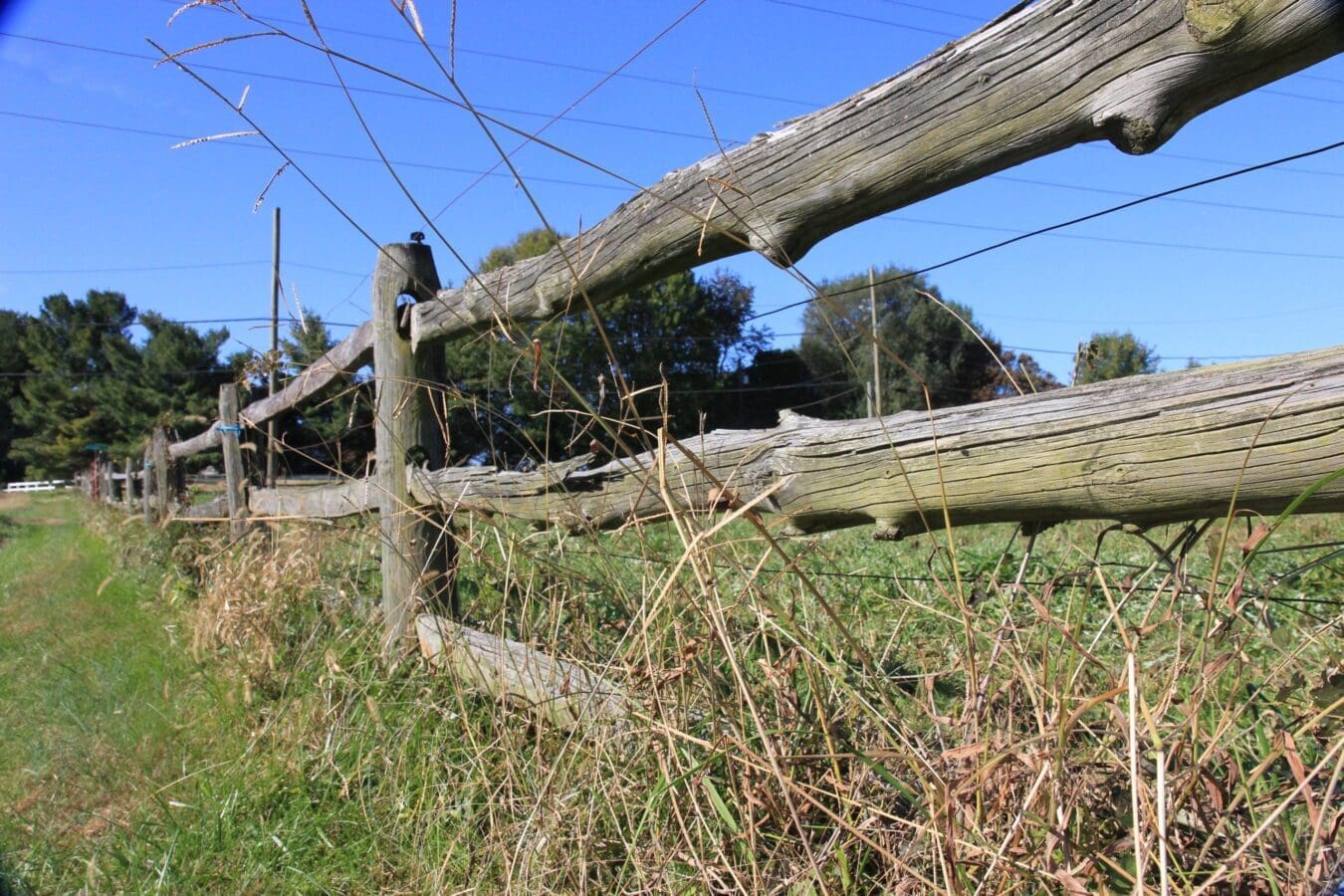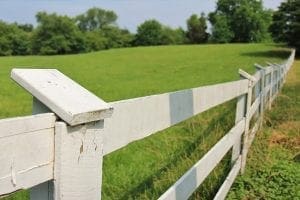
Understanding Maryland’s Adverse Possession Requirements
In Maryland, Adverse Possession is the legal term whereby someone can obtain a valid title to a particular real property simply by establishing certain conditions of possession and passage of time. Generally, adverse possession matters involve property line disputes between neighbors and can involve a party seeking a quiet title action against their neighbor. However, establishing adverse possession in Maryland can be very difficult as there are very specific elements which must be established and each of those elements are very fact specific. In Maryland, to establish a claim of Adverse Possession, a person must demonstrate that their use of the property was:
-
Actual: Physical presence or use of the property.
-
Open and Notorious: Use that is visible and obvious, giving notice to the rightful owner.
-
Exclusive: The person’s use is not shared with others, including the true owner.
-
Hostile: Use without the permission of the rightful owner, regardless of the claimant’s state of mind.
-
Continuous: Uninterrupted use for Maryland’s established statutory period of 20 years.
Each of these elements must be proven by evidence by the person seeking to establish ownership of the real property, and the burden of proof initially lies with that ownership-seeking individual.
Recent Maryland Case Law Developments

Several recent Maryland cases have provided further clarification on adverse possession claims:
-
Bay City Property Owners v. County Commissioners of Queen Anne’s County (2024): In this case, the Appellate Court of Maryland ruled that an ownership-seeking individual’s use of a disputed real property in the same manner as an adjacent land they own can strengthen establishment of actual possession in Maryland. In Bay City, the ownership-seeking individual’s construction of a fence and repair of a boat ramp on the disputed land were deemed by the court to be sufficient to establish adverse possession under Maryland law.
-
Riley v. Venice Beach Citizens Association (2024): In Riley, the Maryland Supreme Court upheld a lower court’s decision granting adverse possession to an ownership-seeking individual who had landscaped and maintained a parcel of land for over 20 years (the Maryland established statutory period). The Supreme Court emphasized that the individual’s actions were open and notorious, satisfying the requirements for adverse possession under Maryland law..
-
Breeding v. Koste (2015): This Maryland case introduced the “woodlands exception” to adverse possession law which allows for adverse possession claims on unimproved or natural land under Maryland law. The Maryland high court extended this exception from prescriptive easement law to adverse possession, acknowledging that such land may not be subject to the same notice requirements as developed property.
Recent Potential Maryland Legislative Developments
In response to concerns about squatting and unauthorized property occupation, Maryland lawmakers have proposed legislation to address these issues:
-
House Bill 202 (2025): This proposed bill aims to tighten the criteria for adverse possession claims by requiring claimants to meet more stringent proof requirements and extending the period of continuous occupancy needed before a claim can be made .
While House Bill 202 did not become law, this legislative effort reflects a growing concern over the balance between protecting property rights and preventing fraudulent claims.
Implications for Maryland Property Owners
For property owners, it is crucial to regularly inspect and maintain their property boundaries to prevent adverse possession claims. Failure to assert ownership rights can lead to the loss of property through adverse possession. Potential adverse possession plaintiffs should be aware that establishing adverse possession is a complex process requiring proof through evidence of each and every necessary elements: recent case law underscores the importance of demonstrating actual, open, exclusive, hostile, and continuous use for the statutory period.
Conclusion
Adverse possession law under Maryland law continues to evolve through judicial decisions, and legislative actions could further alter the legal requirements. Both property owners and potential new owners must stay informed about these developments to protect their interests effectively. As legal standards continue to change, it is advisable to consult with legal professionals experienced in property law to navigate the complexities of adverse possession claims.
 Adam Van Grack and Longman & Van Grack’s Maryland litigation attorneys have addressed different types of Maryland property lawsuits (including claims for adverse possession, property line disputes, and quite title) in many courts throughout Maryland. Mr. Van Grack and our firm’s property attorneys have specifically addressed legal issues related to fence laws and adverse possession both on the plaintiffs’ side and defendants’ side. Specifically, our firm’s property dispute attorneys have handled property-related lawsuits in Montgomery County Circuit Court (Rockville, MD), Prince George’s County Circuit Court, Frederick County Circuit Court, Washington County Circuit Court, Howard County Circuit Court, and Baltimore County Circuit Court. If you would like to discuss an adverse possession matter, property litigation, or property issue with Mr. Van Grack, call Longman & Van Grack today at (301) 291-5027 to schedule a consultation in either our Bethesda, Maryland office or our Rockville, Maryland office.
Adam Van Grack and Longman & Van Grack’s Maryland litigation attorneys have addressed different types of Maryland property lawsuits (including claims for adverse possession, property line disputes, and quite title) in many courts throughout Maryland. Mr. Van Grack and our firm’s property attorneys have specifically addressed legal issues related to fence laws and adverse possession both on the plaintiffs’ side and defendants’ side. Specifically, our firm’s property dispute attorneys have handled property-related lawsuits in Montgomery County Circuit Court (Rockville, MD), Prince George’s County Circuit Court, Frederick County Circuit Court, Washington County Circuit Court, Howard County Circuit Court, and Baltimore County Circuit Court. If you would like to discuss an adverse possession matter, property litigation, or property issue with Mr. Van Grack, call Longman & Van Grack today at (301) 291-5027 to schedule a consultation in either our Bethesda, Maryland office or our Rockville, Maryland office.
